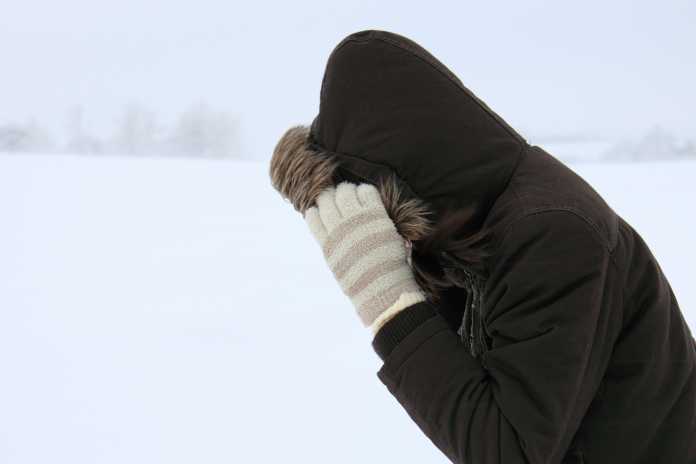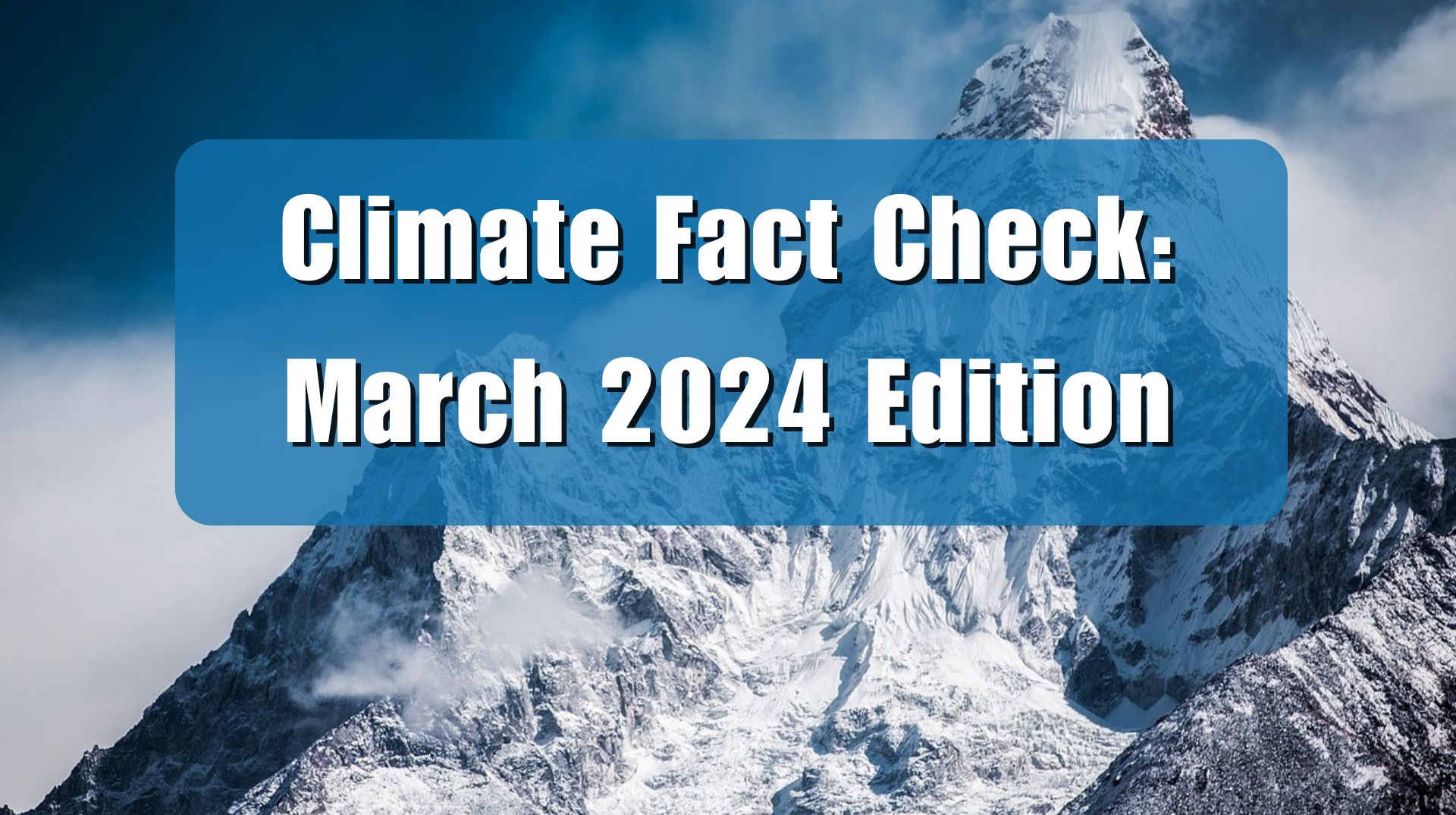The Washington Post’s (WaPo) dedicated (twice a week) climate columnist, Michael J. Cohen, the so-called Climate Coach, posted an article stating as a fact that high temperatures kill more people in the United States each year than cold temperatures. This is false. Data and peer reviewed research consistently show that far more people die in the United States annually from cold temperatures, and cold related health complications, than from hot temperatures and heat related health complications.
Cohen’s Climate Coach Column this week discussed the extremely hot temperatures occurring in mide-July around the globe, suggesting climate change is becoming so severe that the world needs a new scale to measure heat. Fahrenheit, the actual temperature, is insufficient. Of course, the heat index has existed for years and is reported daily, yet Cohen treats it as if is a new thing and should be reported in lieu of daily high and low temperatures. One can debate this point, but there is no debating one claim Cohen made – it’s simply and objectively false. Cohen claimed, “[i]n the United States, where heat is already the leading weather-related killer, hundreds die each year, especially the elderly, reports the Environmental Protection Agency.”
As a matter of fact, in some years hurricanes kill more people than heat, its rare, but it happens. However, the evidence strongly suggests it is rarely the case, if ever, that excess heat takes more lives than excess cold temperatures in the United States or anywhere else.
Cohen may be confused because the EPA data he cites only counts deaths actually coded as due to hypothermia as due to cold. But thousands of people die each year in the U.S. of cold related health complications. An article in Public Health Post points out that even the number of death directly attributable to cold – hypothermia and cold caused tissue damage – number more than 1,300 each year, more than the few hundred directly attributable to heat, from heatstroke, for example. Thousands more die from health complications caused by cold temperatures. According to the Public Health Post:
Each year in the United States, about 1,330 people die of cold exposure, essentially freezing to death.
…
Cold-related illness and death are underreported because only a small number are appropriately recognized and coded as hypothermia and tissue damage. Yet, cold temperatures can worsen conditions like heart disease and respiratory illness, causing hospitalizations and deaths that may not be recognized as related to the cold on death certificates or hospital records.
Nor are the Public Health Post’s claims outliers in the medical, public health, and climate literature, rather the EPA’s claims represent the minority opinion. For example, a study from researchers at the University Illinois in Chicago (ULC) published in the peer reviewed journal Environmental Research determined, in the words of ULC’s press release:
cold temperatures are responsible for almost all temperature-related deaths, according to a new study published in the journal Environmental Research.
According to the new study by researchers at the University of Illinois Chicago, patients who died because of cold temperatures were responsible for 94% of temperature-related deaths, even though hypothermia was responsible for only 27% of temperature-related hospital visits.
“With the decrease in the number of cold weather days over the last several decades, we still see more deaths due to cold weather as opposed to hot weather,” said Lee Friedman, associate professor of environmental and occupational health sciences in the UIC School of Public Health and corresponding author on the paper.
Repeated large scale studies covering dozens of countries and the deaths of hundreds of thousands of people published over the past decade in one of the top medical journals, The Lancet, have consistently confirmed that everywhere temperature related deaths have been studied, cold kills more people, 10 to 17 times more people on average, than heat. One Lancet study examining temperature related deaths in China found 46 times as many people died from such conditions as cardiovascular diseases and chronic respiratory diseases affected by nonoptimal cold temperatures than from deaths attributable to nonoptimal hot temperatures, in 2019.
Another Lancet study examined temperature related deaths from 384 locations in Australia, Brazil, Canada, China, Italy, Japan, South Korea, Spain, Sweden, Taiwan, Thailand, UK, and USA, and found in each and every country cold related deaths outnumbered heat related deaths by a large margin. (see the figure below)

This study found that in the United States deaths related to sub-optimal cold temperatures were nearly 16 times greater than deaths attributable to suboptimal hot temperatures.
Interestingly, neither extreme cold nor extreme heat seem to be the biggest killers – people take preventative measures or adjust activities during such events – rather moderate cold was by far the biggest cause of suboptimal temperature related deaths of all. (see the graph below)

Long-term data presented in a recent Climate Realism post by meteorologist Anthony Watts, demonstrates that heatwaves are not increasing, contrary to what has been claimed or implied by hundreds of headlines and stories in recent weeks. Also, as revealed and discussed in numerous climate realism articles, here, here, and here, for example. When it comes to temperature related deaths, cold kills more people than heat, and the good news is that as the Earth has modestly warmed, deaths resulting from suboptimal temperatures have declined dramatically, primarily from the a decline in cold related deaths.
One can only wonder why the EPA has ignored this copious research to claim that hot temperatures kill more people than cold temperatures in the United States each year. Perhaps it, and reporters like Cohen paid to promote the narrative of a climate crisis, cherry pick the data to fit the alarming story they want the public to believe. If so, WaPo and the EPA are both doing the public they are supposedly serving, a disservice. It’s time for both organizations to change course and follow the science.

















The writer at the WaPo is Coren, not Cohen. It’s also UIC, not ULC. Otherwise a very good fact-filled article.